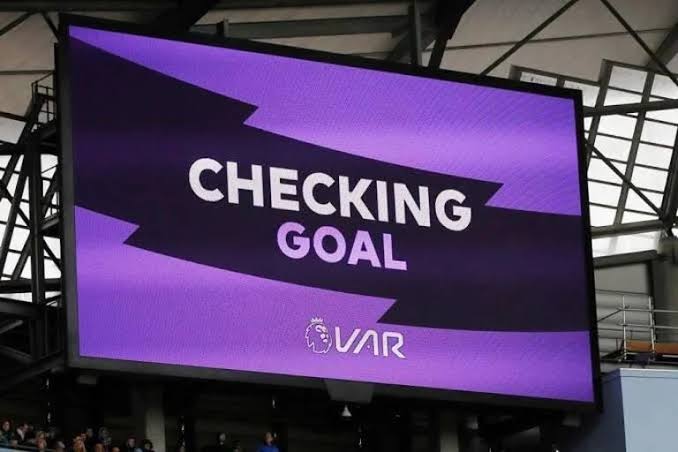How VAR has changed the Premier League and its most important decisions
As the Premier League marks five years since the introduction of the Video Assistant Referee (VAR), it’s undeniable that the technology has reshaped the landscape of English football, adding an extra layer of unpredictability to late winners, fierce tackles, and Premier League betting.
Since its debut in the 2019/2020 season, VAR has been on hand for some of the league’s most controversial and talked-about moments.
Often the subject of intense debate among fans, players, and pundits alike, there’s no question that it has played a crucial role in clarifying decisions that could have otherwise swayed the course of a match or even a season.
Despite the clear benefits of having VAR in place, there have been instances where the technology has fallen short, such as the infamous Aston Villa vs. Sheffield United game in 2020, where the Goal Decision System (GDS) failed to award a legitimate goal, culminating in Villa’s Premier League survival at the expense of Bournemouth, Watford and Norwich City.
This article takes a closer look at the impact of VAR on the Premier League, reflecting on some of the most critical decisions where the technology has been crucial in deciding both title races and relegation battles. Read on to find out more.
In its infancy, English referees struggled to adapt to VAR and decisions would take lengthy periods of time to confirm, with one of the earliest and most controversial uses of VAR came during Manchester City’s clash with Tottenham Hotspur in August 2019.
Gabriel Jesus thought he had scored a late winner for City, but after a lengthy VAR review, the goal was disallowed due to a handball by Aymeric Laporte in the buildup.
The decision was met with outrage from City fans and players alike, who felt that the handball was incidental and not worthy of disallowing the goal and would prove to derail City’s title defence after dropping crucial points early on.
In September 2020, Brighton & Hove Albion faced Manchester United in a match that ended in high drama.
After the final whistle had blown, with the score at 2-2, VAR reviewed a handball incident involving Brighton’s Neal Maupay during the last attack of the game.
Chris Kavanagh, guided by VAR, awarded Manchester United a penalty, which Bruno Fernandes converted, giving United a 3-2 victory.
This decision highlighted VAR’s ability to intervene even after the game seems to have concluded.
In December 2019, during a tightly contested match between Liverpool and Wolves at Anfield, Pedro Neto scored what appeared to be his first goal in English football and equalise against a Liverpool team who had been unbeaten since January.
However, VAR intervened to review the build-up and determined that Jonny Otto was marginally offside in the buildup. As a result, the goal was disallowed.
There was a lengthy VAR review earlier in the game, looking at handball by Lallana before referee Anthony Taylor eventually confirmed Sadio Mane’s winner.
While the decision was a tough blow for Wolves, it allowed Jurgen Klopp’s Reds to navigate their way through a tough festive period with a perfect record, putting them on track for their first league title in 30 years.








